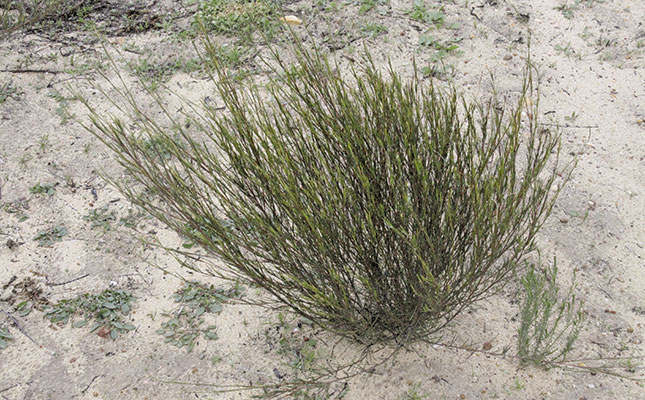
This follows a complaint against Rooibos Ltd by another local rooibos buyer that was lodged in 2015. The CompCom said that it had referred the case to the Competition Tribunal (CompTrib) for adjudication.
According to the CompCom, it had begun an investigation into Rooibos Ltd’s alleged monopolisation of SA’s primary rooibos supply following the complaint.
The CompCom suspected that this alleged activity by Rooibos Ltd had been intended to “foreclose its competitors in the processing level of the [rooibos] value chain, or prevent the expansion of its rivals in the market”.
The CompCom added that this had been achieved by the company ‘locking’ its suppliers into five-year supply contracts, instead of the more common one-year supply contracts, and by committing these suppliers to providing the company with more than half of their production in order to benefit from its production research information.
“The introduction of these exclusionary contracting strategies locked-in significant volumes of rooibos tea production from commercial farmers in favour of Rooibos Ltd, and negatively affected its competitors in the market for the bulk processing of rooibos tea,” CompCom spokesperson, Sipho Ngwema, said in a statement.
“Subsequently, Rooibos Ltd’s volumes of rooibos tea purchased from farmers, which were in serious decline at the time, significantly escalated, and its main rival’s purchases of rooibos tea either declined or stagnated, thus threatening the competitive process in this market,” he added.
Managing director of Rooibos Ltd, Martin Bergh, said that the company had been engaging with CompCom on the allegations since 2015, and that the commission’s recent announcement to refer the case to the CompTrib had taken it by surprise.
“Until now, the last time we heard from the CompCom on this matter was in January 2017. We purchase about 60% of South Africa’s rooibos supply annually, and only about 8% of this was on a five-year contract. The other contracts are on an annual basis,” Bergh said.
He explained that the five-year contracts, which were initiated in 2013, was the result of a Rooibos Ltd client that sought consistent rooibos pricing over the longer term.
“We approached a number of rooibos farmers to see if they were interested in these contracts. Some said no, and others said yes. There was nothing about ‘locking’ them in. I cannot see what is anti-competitive about it,” said Bergh.
Rooibos Ltd said that it would seek legal advice on the CompCom’s charges against it.
The CompCom said that it wanted the CompTrib order to declare that Rooibos Ltd had contravened the Competition Act, and that the company was, therefore, liable to pay an administrative penalty equal to 10% of its annual turnover.










